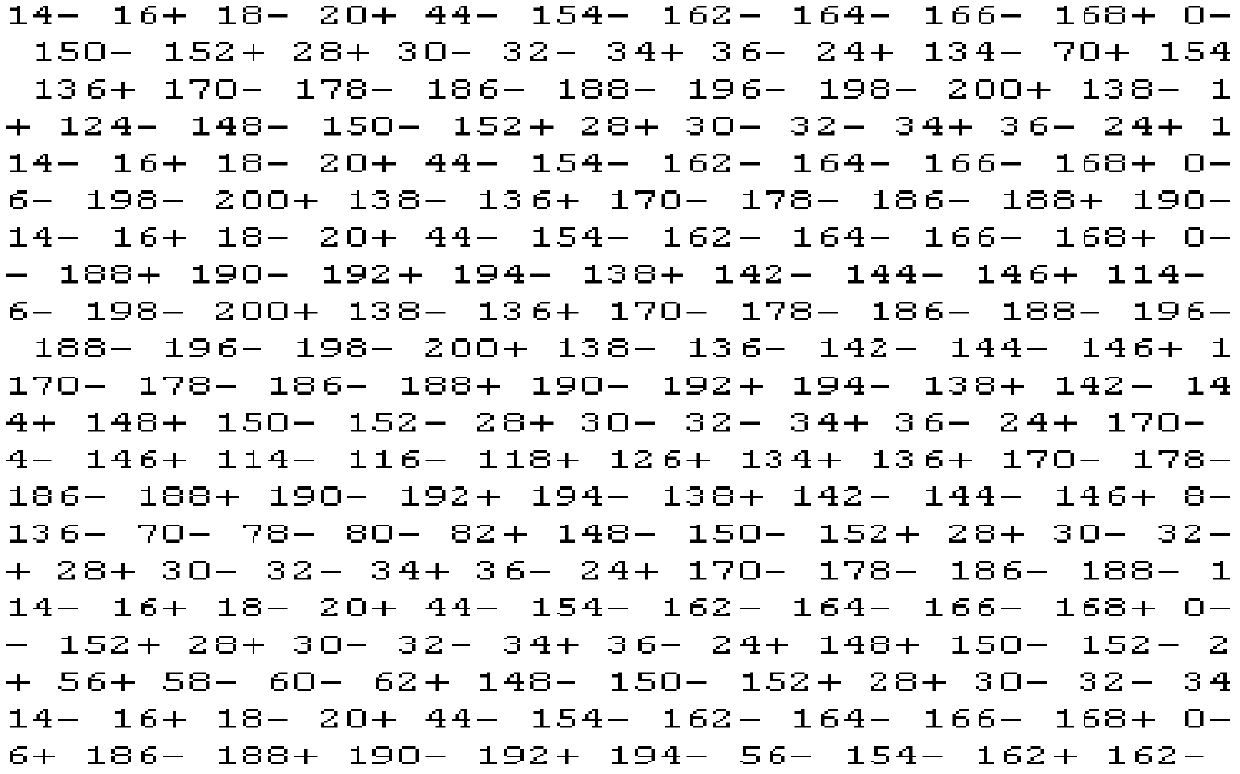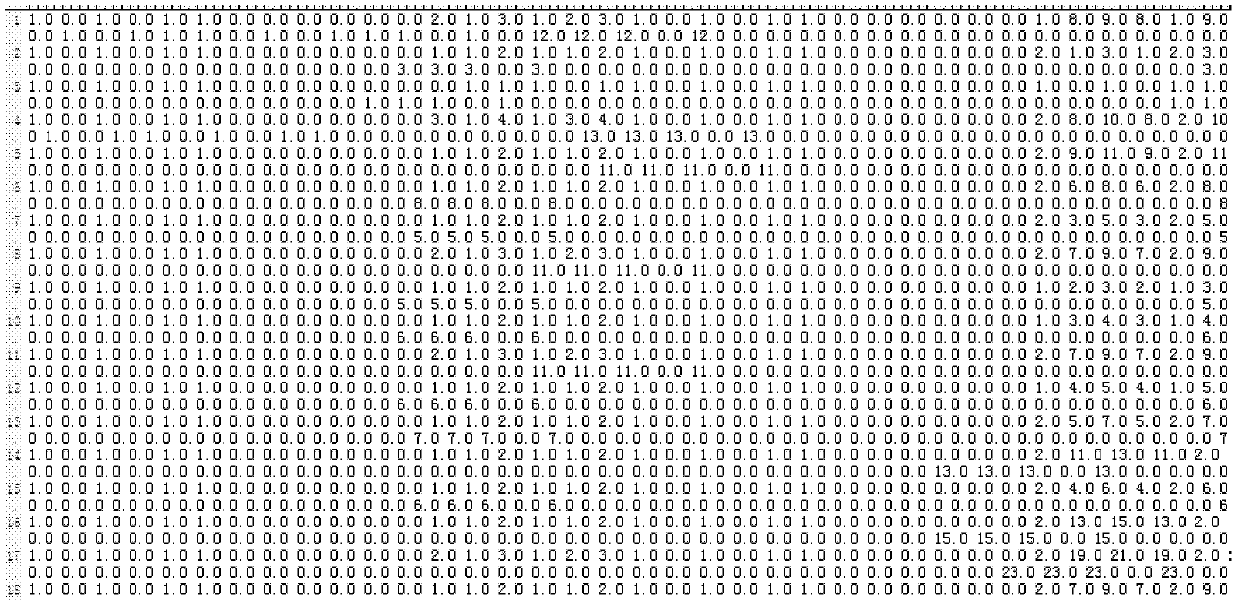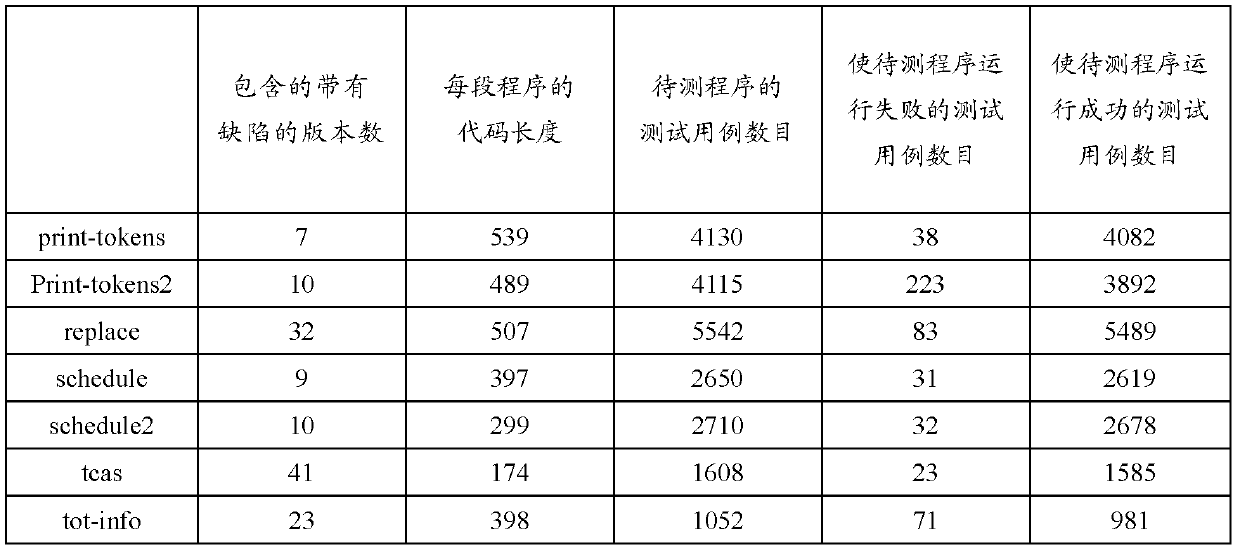Self-adapting software defect positioning method based on predicate execution information analysis
A technology for executing information and software defects, applied in software testing/debugging, etc., can solve problems such as inability to effectively use predicate execution information
- Summary
- Abstract
- Description
- Claims
- Application Information
AI Technical Summary
Problems solved by technology
Method used
Image
Examples
Embodiment Construction
[0078] Assume that the program under test contains several defects, usually these defects are unknown before the test, first perform stub insertion on the program to be tested, design the output information of the stub point as the information described in the third step of the above method, and then load the test case , run the program after instrumentation. Collect the output information of the stub function, preprocess the information according to the requirements of the fourth step in the above method, and obtain the top N most frequent occurrences of each predicate in all failed test cases (2<N<6, N takes an integer ) execution times. Then in the fifth step, calculate the defect correlation degree of the predicates, arrange the predicates according to the defect correlation degree from high to low, and finally search for defects in the program from top to bottom according to the sequence of the obtained predicates.
[0079] In order to test the positioning efficiency of ...
PUM
 Login to View More
Login to View More Abstract
Description
Claims
Application Information
 Login to View More
Login to View More - Generate Ideas
- Intellectual Property
- Life Sciences
- Materials
- Tech Scout
- Unparalleled Data Quality
- Higher Quality Content
- 60% Fewer Hallucinations
Browse by: Latest US Patents, China's latest patents, Technical Efficacy Thesaurus, Application Domain, Technology Topic, Popular Technical Reports.
© 2025 PatSnap. All rights reserved.Legal|Privacy policy|Modern Slavery Act Transparency Statement|Sitemap|About US| Contact US: help@patsnap.com



